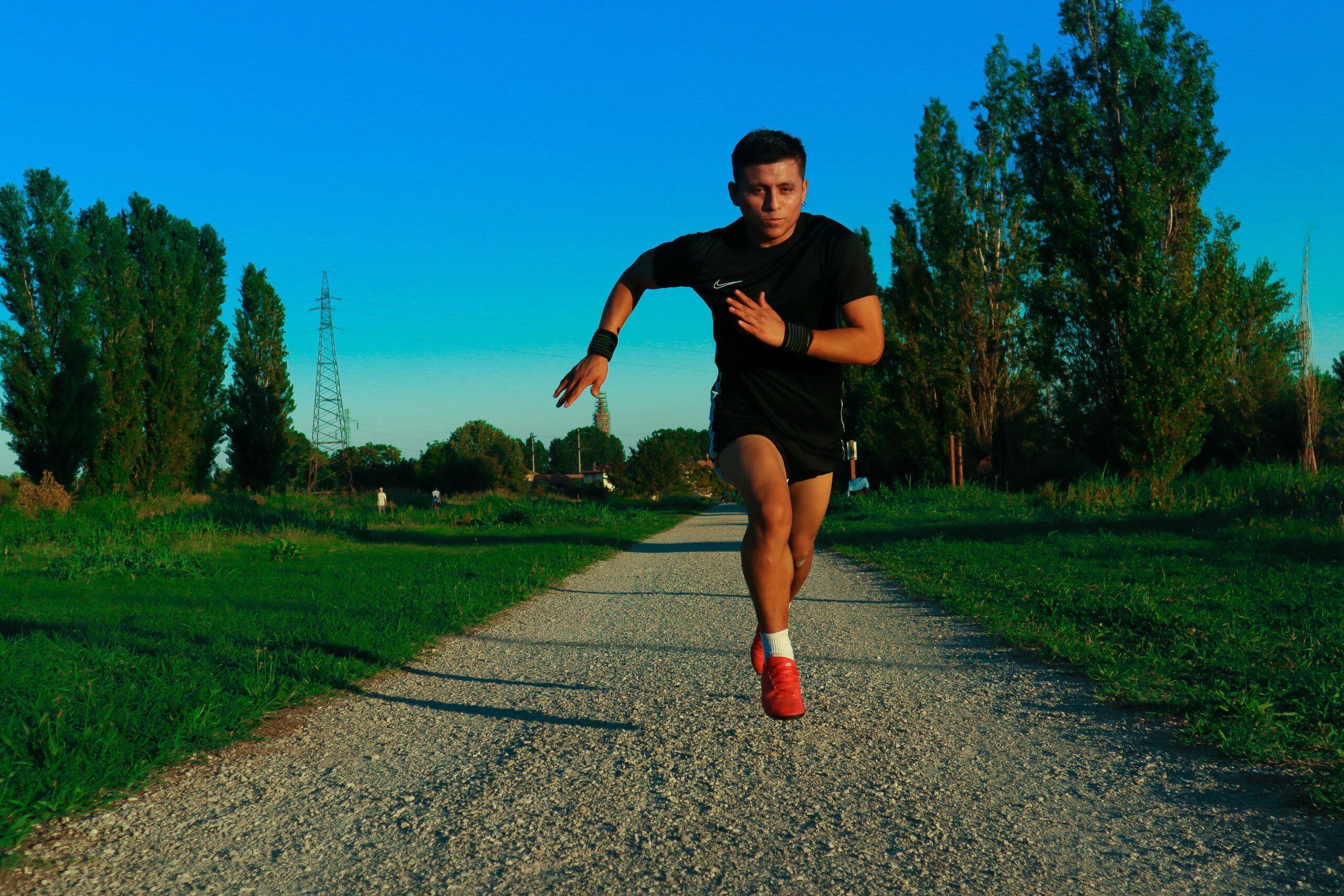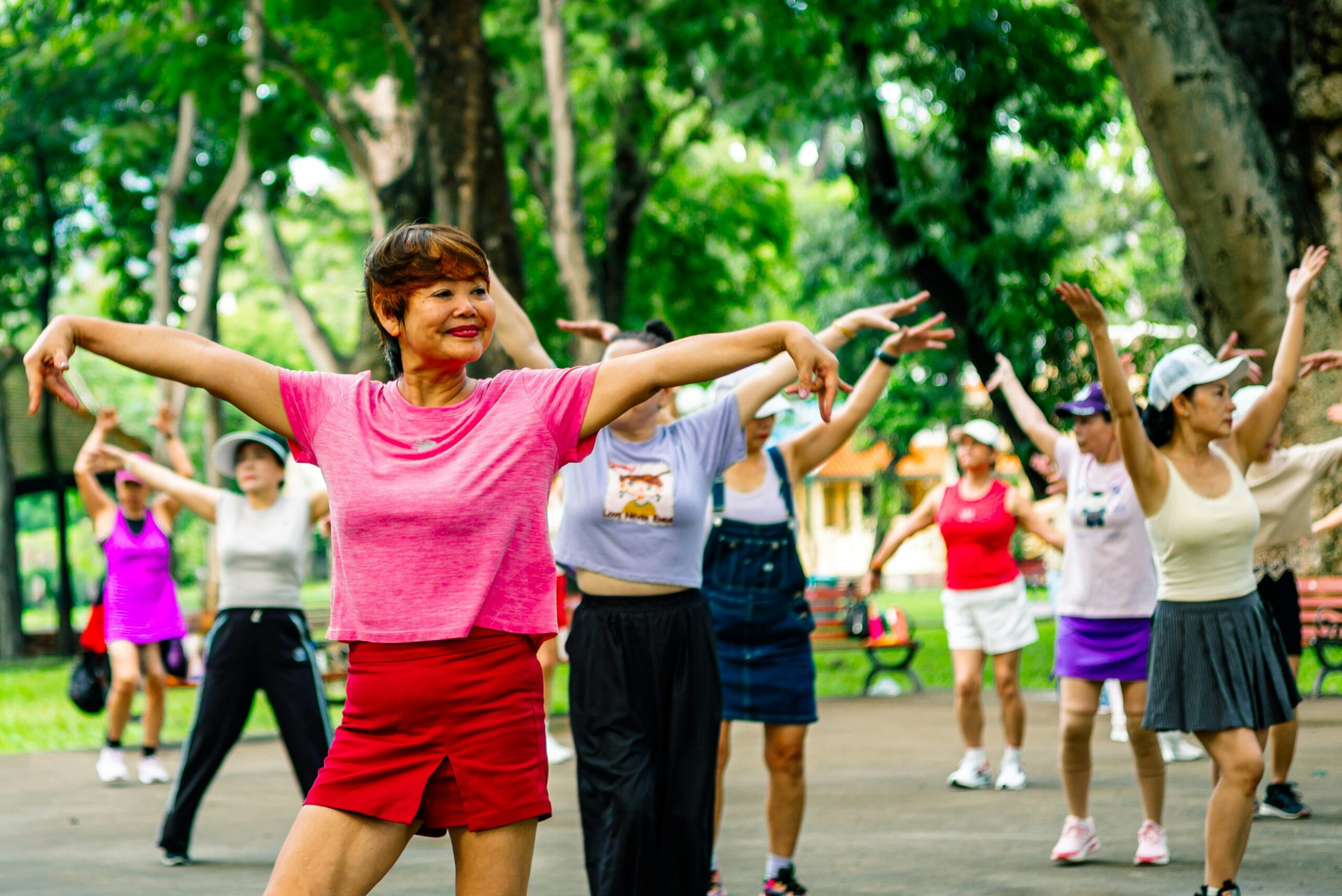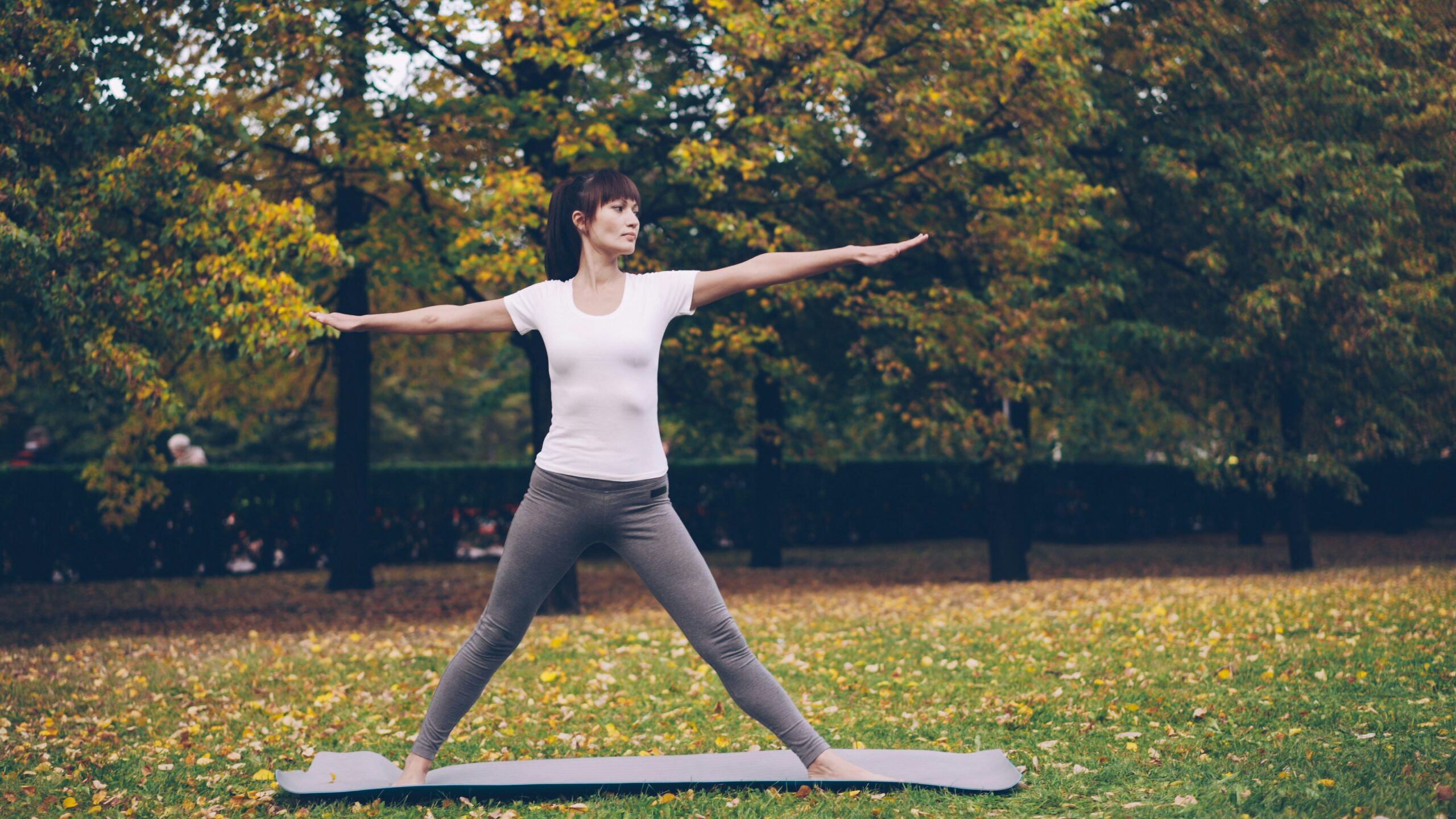Health Boost: 10 Amazing Habits of People Who Never Get Sick
Introduction
Have you ever met someone who feels immune to colds, flu and seasonal insects? Although it may feel like magic, the truth is more powerful: they are not in secret genetics, but in habits. These people are not only lucky – they have mastered the art of optimal health through a consistent, deliberate daily routine.
In a world where stress, poor sleep and processed foods dominate, healthy years seem like a rare performance. Nevertheless, the increasing number of people is defying obstacles-not to rely on mammary dosage or extreme diet, but by growing simple, science-supported habits that strengthen the immune system and increase the general welfare.
In this article, we will highlight 10 wonderful habits in those who rarely become bad habits that promote immunity, reduce inflammation and support long -term health. Whether you are tired of keeping every mistake, which rotates around or just want to feel more alive every day, these are your strategies for bulletproof health.Let’s dive.
Table of Contents
1. They Prioritize Sleep Like It’s a Full-Time Job
When it comes to immune flexibility, sleep is non-parasitic. People who are rarely sick, they not only sleep, they protect it. Research from the University of California suggests that adults who sleep less than 6 hours per night are four times more likely to catch a cold than those who sleep 7 or more.
Why? During deep sleep, your body produces cytokines – protein that targets infection and inflammation. Without sufficient comfort, your immune system works with a fraction of its capacity.
These health-loving people stick to a steady sleep plan, avoid the screen an hour before the bed, and make a cool night ritual-he reads, goes jogging or drinks herbal tea. They consider sleep that is not so luxury, but as a basis for health.
2. Their Diet Is Built on Whole, Real Foods
You did not find grains from ultra-treated snacks or sugar in the pantry. Instead, their kitchen is equipped with colored vegetables, lean proteins, healthy fats and fiber-rich grains.These people understand that 80% of your immune system remains in the gut. The diet rich in prebiotic fibers (such as garlic, onions and bananas) and probiotic foods (such as kimchi, sacker and curd) supports a rich intestinal microbioma, which directly affects the immune response.
They also limit the added sugar, which is shown to suppress activity with white blood cells for hours after consumption. Instead of arriving for energy drinks or candy, they run the body with dense foods of nutrients that maintain energy and prevent accidents. Result? A body that is not only alive, but also prosperous.
3. They Stay Hydrated — All Day, Every Day
Water is the final health booster.Yet, most human beings walk around mildly dehydrated, which could impair attention, digestion, and cleansing.People who hardly ever get sick deliver water bottles like a 2nd limb. They start the day with a pitcher of lemon water, sip throughout painting hours, and hydrate earlier than they even feel thirsty.
Why does this count number? Water facilitates your lymphatic system’s flushing of pollutants, supplies vitamins to cells, and keeps mucous membranes wet — a crucial defense towards airborne pathogens. Even moderate dehydration can reduce physical performance via up to twenty-five and weaken immune surveillance.For them, hydration isn’t a chore — it’s a daily ritual of self-care.
4. They Move Their Bodies — Even When They Don’t “Work Out”
You won’t capture them spending hours on a treadmill; however, you may see them taking walks, stretching, gardening, or dancing within the kitchen.
Regular physical activity boosts circulation, complements lymph flow, and decreases continual infection — all of which aid robust immune function. Studies show that just half an hour of light workout five times per week can reduce ill days by up to forty.
But here’s the name of the game: they don’t rely upon intense health club sessions. Instead, they embody motion as a lifestyle — taking the steps, parking farther away, or doing 5-minute stretch breaks each hour. This “non-workout pastime” keeps their metabolism lively and their immune system on high alert. Movement isn’t punishment — it’s medicine for the body and mind.
5. They Harness the Power of Sunlight and Vitamin D
In a time of being indoors, these people make a point to get out every single day – even if it’s only 10 minutes. Sunlight triggers vitamin D production, an important hormone that controls the immune cell function. The level of low vitamin D is associated with increased sensitivity to respiratory infections, autoimmune disorders, and seasonal depression.
They suck the morning sun to regulate their circadian rhythm and promote the mood cultivation of serotonin. In the winter, they test the levels and complement them carefully. For them, sunlight is not only good – it is necessary for health.
6. They practice daily stress management
Chronic stress is a quiet immune killer. It fills the body with cortisol, which suppresses the immune response and increases the inflammation – which makes you more sensitive to the disease.So what do these flexible people do differently? They do not wait until they are overwhelmed to handle stress. Instead, they create the subtle struggles calmly in their time:
5 minutes of deep breath
A little attention using an app
Journal for the three things they are grateful for
A desire in nature.They understand that mental health is physical health. By reducing stress hormones, they keep immunity sharp and clear.
7. They Cultivate Strong Social Connections
Loneliness is not just emotionally painful – this is a public health crisis. Studies show that people with strong social relationships have 50% more survival rates in different health conditions.
People who rarely become ill prioritize conditions. They say dear regularly, join community groups, or just share a coffee with a friend. These compounds reduce stress, promote oxytocin and even improve the immune response.They know that connection is a form of immunity – and they nourish what any other important habit.
8. They practice smart hygiene – without obsessions
They often wash their hands, especially after public transport or before eating. They avoid touching the face and handling handrails.
But here is the key: They do not live in fear of bacteria. Instead, they depend on their well -trained immune system. They understand the difference between hygiene and over -ness and they avoid antibacterial products that interfere with healthy bacteria.Their hygiene habits are consistent, not obsessed – a balanced approach that saves without addiction.
9. They Listen to Their Bodies — and Rest When Needed
Most push through fatigue and expect “through power”. But people with rock solid health are contrast: they relax on the first sign of fatigue.They know that ignoring fatigue leads to burnout, weak immunity and long -term recovery time. So when his body whispers, “I’m tired,” they hear.
Whether it is a 20 -minute nap, an early sleeping or a lazy Sunday, the shutdown to their body that needs to be repaired and charged. This preventive relaxation prevents less imbalance from changing to a fully developed disease.The rest is not laziness – this is strategic improvement.
10. They use wise optimization and immune support herbs
Although they do not depend on supplements to change healthy habits, they use nature’s pharmacies to support their health. They sip to Ashwagandha tea to reduce stress, take vitamin C with zinc during cold weathe,r and enjoy turmeric golden milk for its anti-inflammatory power.
Some use medical fungi like Rish or Cordyceps to increase immune monitoring. They do not draw chase-they choose correctly supported high-quality doses that complement their lifestyle. For them, herbs are not magic – they are equipment for flexibility.
How to start building these habits today
You do not need to use all 10 habits overnight. In fact, small, consistent changes lead to permanent results. Here’s how to start:
Choose a habit that seems most remarkable – maybe it drinks more water or goes for 10 minutes a day. Put it anchor in an existing routine – e.g., drink a glass of water after brushing your teeth.
Track your progress in a magazine or app for 21 days.
Celebrate little victories – every option means something.
Over time, these habits are connected. Your energy is increasing. Your immunity is strong. And you start to feel what it actually looks like, constant health.
Final Thought: Health Is a Daily Practice
“One of those who never gets sick” is not about luck. It’s about the options – calm, consistent decisions made every day, often without pomp. It is to choose sleep when rolling .It chooses vegetables on vending machines.It chooses a trip on a concern.
These habits are not on top. They are available, durable and powerful. And the best part? You can start today.
Because real health is not the absence of illness – this is the presence of vitality. It is awake, handles stress with grace, and moves through life with strength and happiness. So ask yourself: What small changes can you make today to promote your health? The journey not to get sick begins with the same step. Take it now.
1. What daily habits help boost immunity naturally?
Top habits include getting 7–8 hours of sleep, staying hydrated, eating whole foods rich in vitamins (like citrus and leafy greens), managing stress through mindfulness, and washing hands regularly.
2. Can lifestyle really prevent colds and flu?
Yes—research shows that consistent healthy habits like regular exercise, proper sleep, and avoiding sugar can strengthen your immune system and reduce illness frequency.
3. How can I start building illness-resistant habits today?
Begin with small steps: add one serving of veggies to each meal, take a 10-minute walk daily, and set a bedtime alarm to improve sleep consistency.










